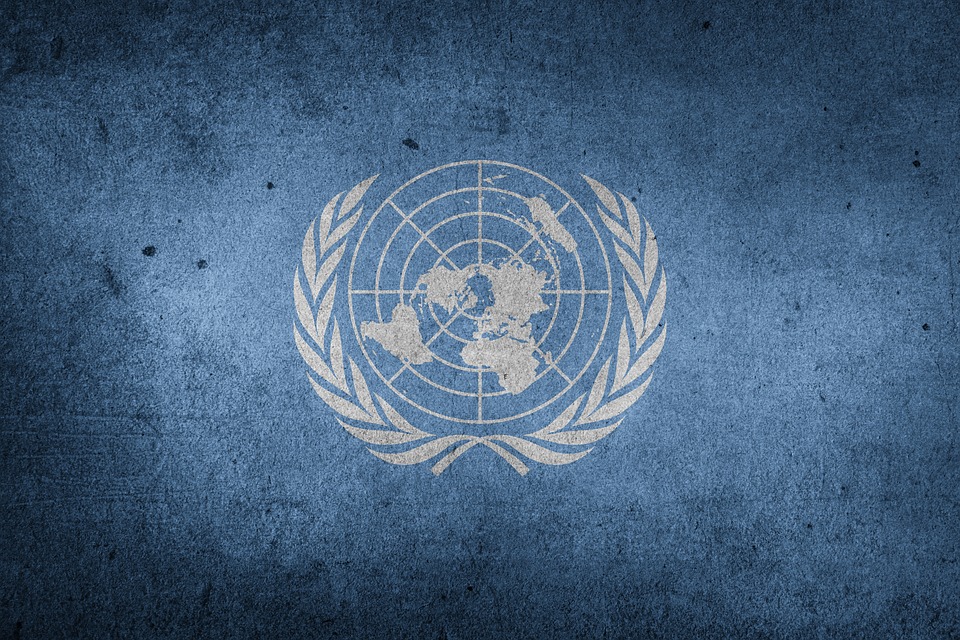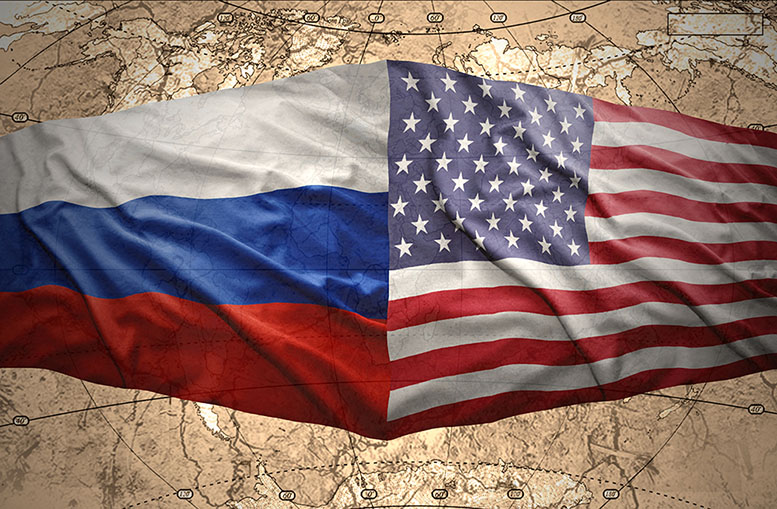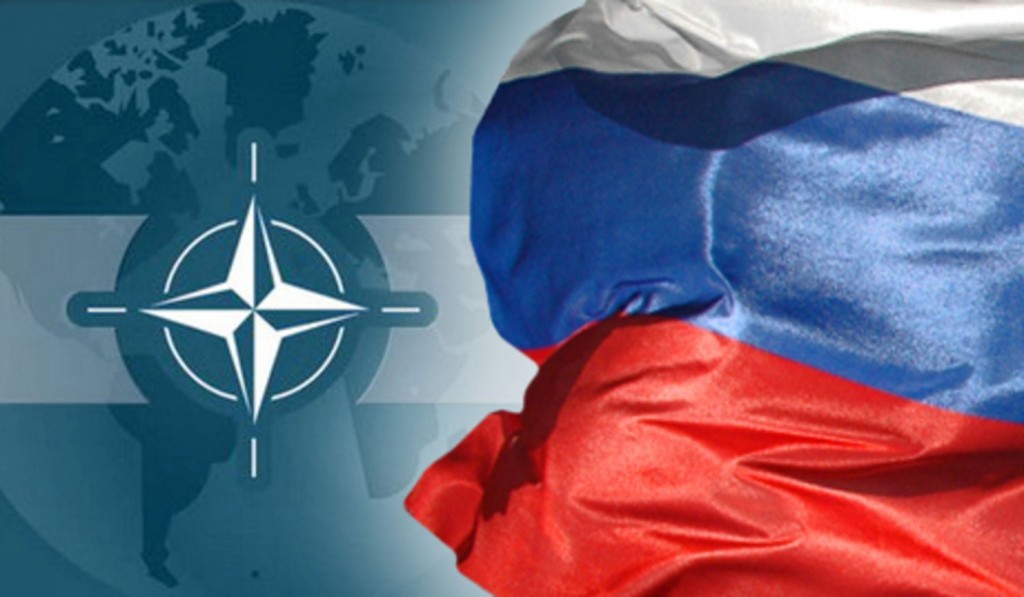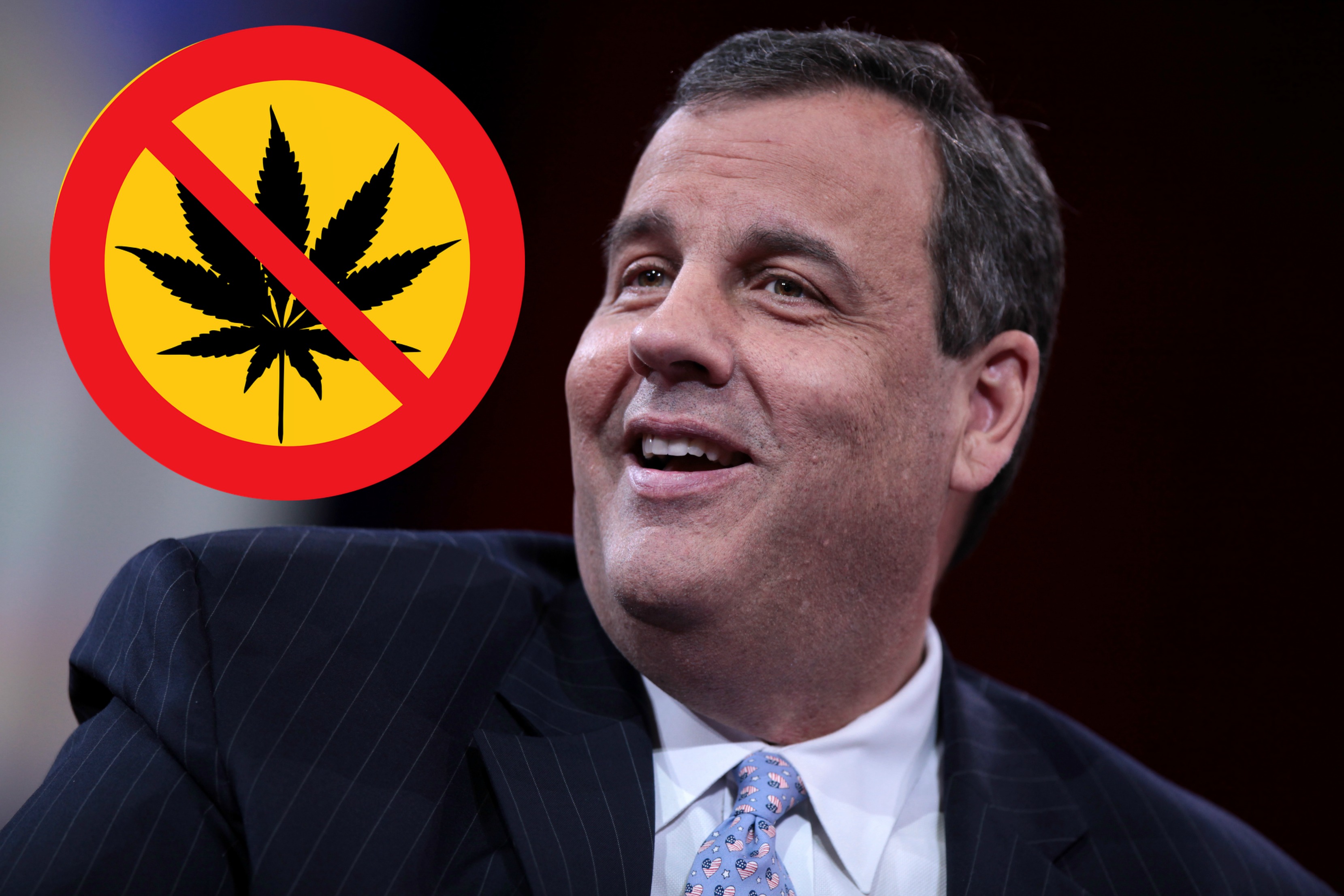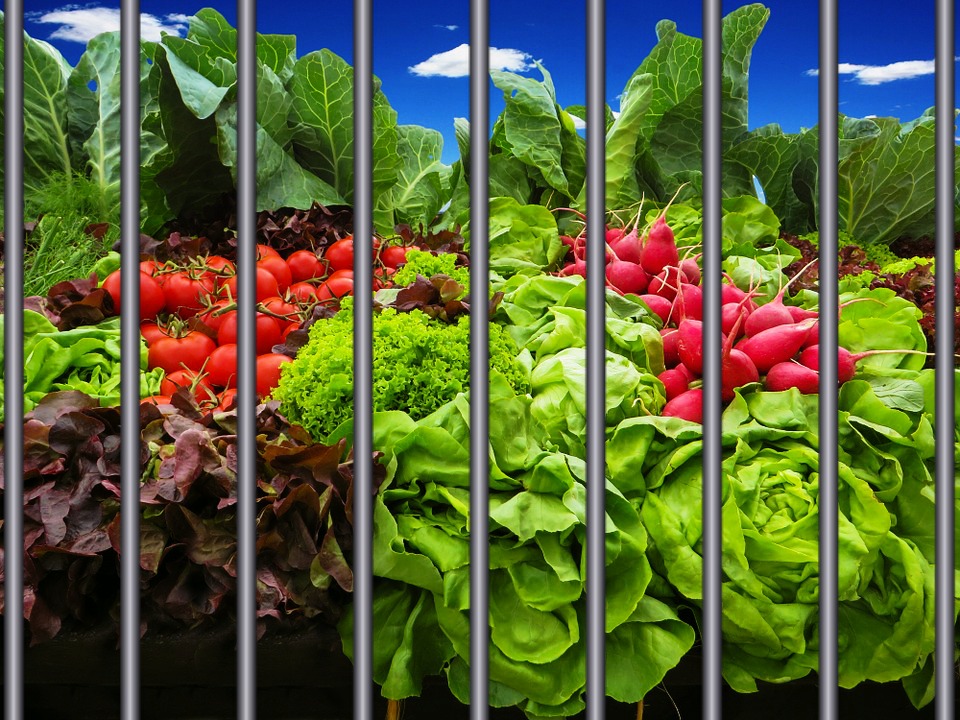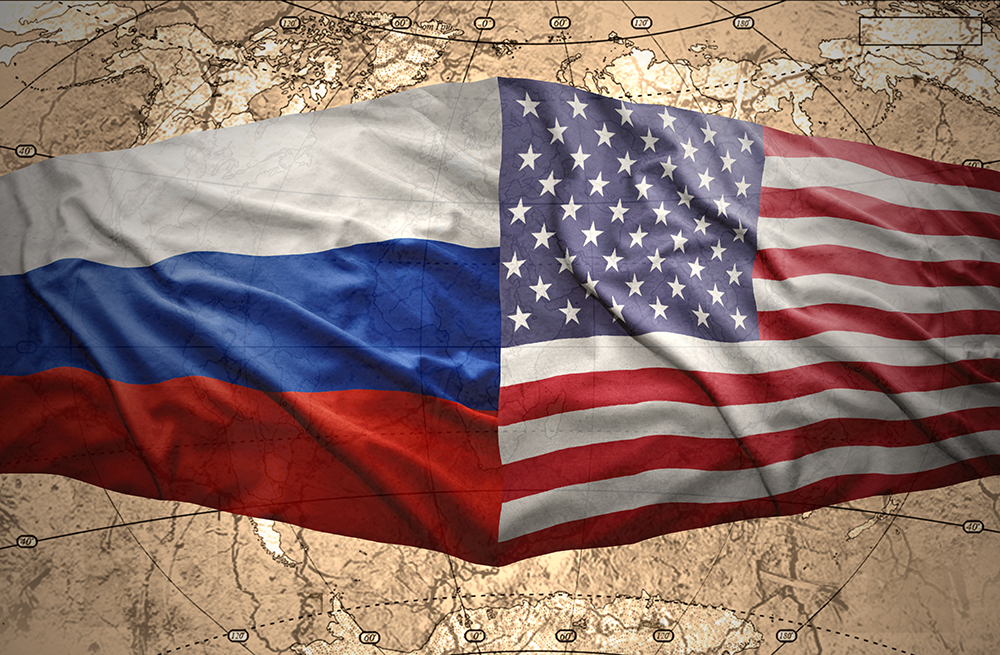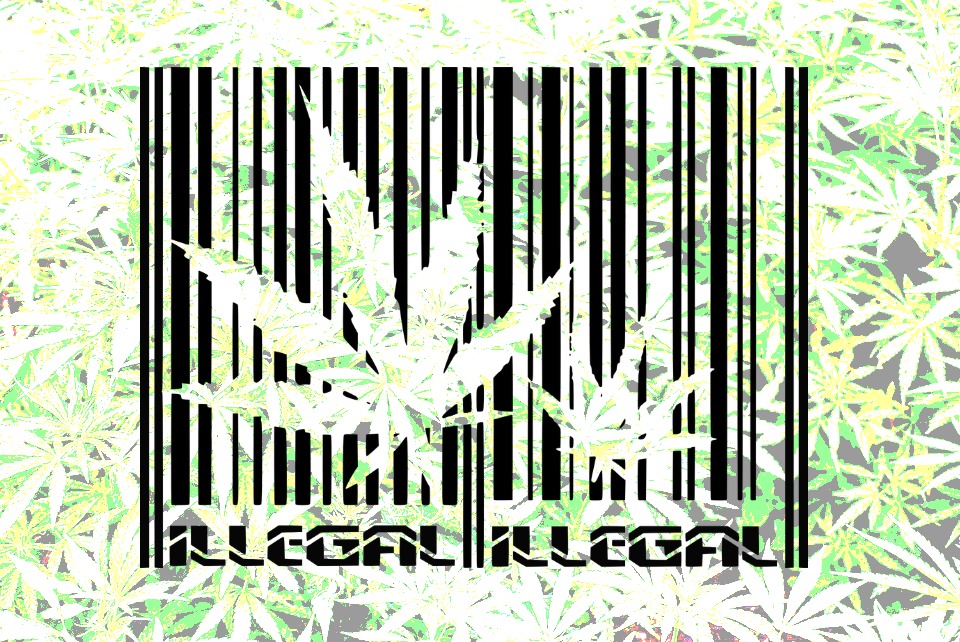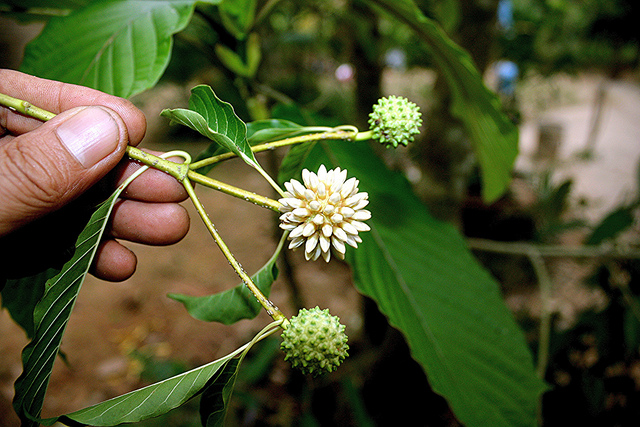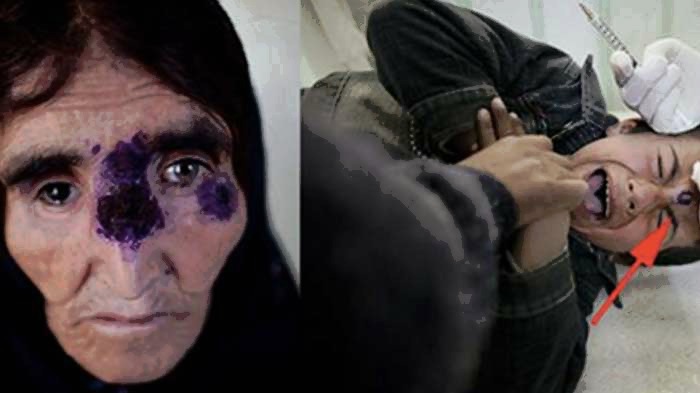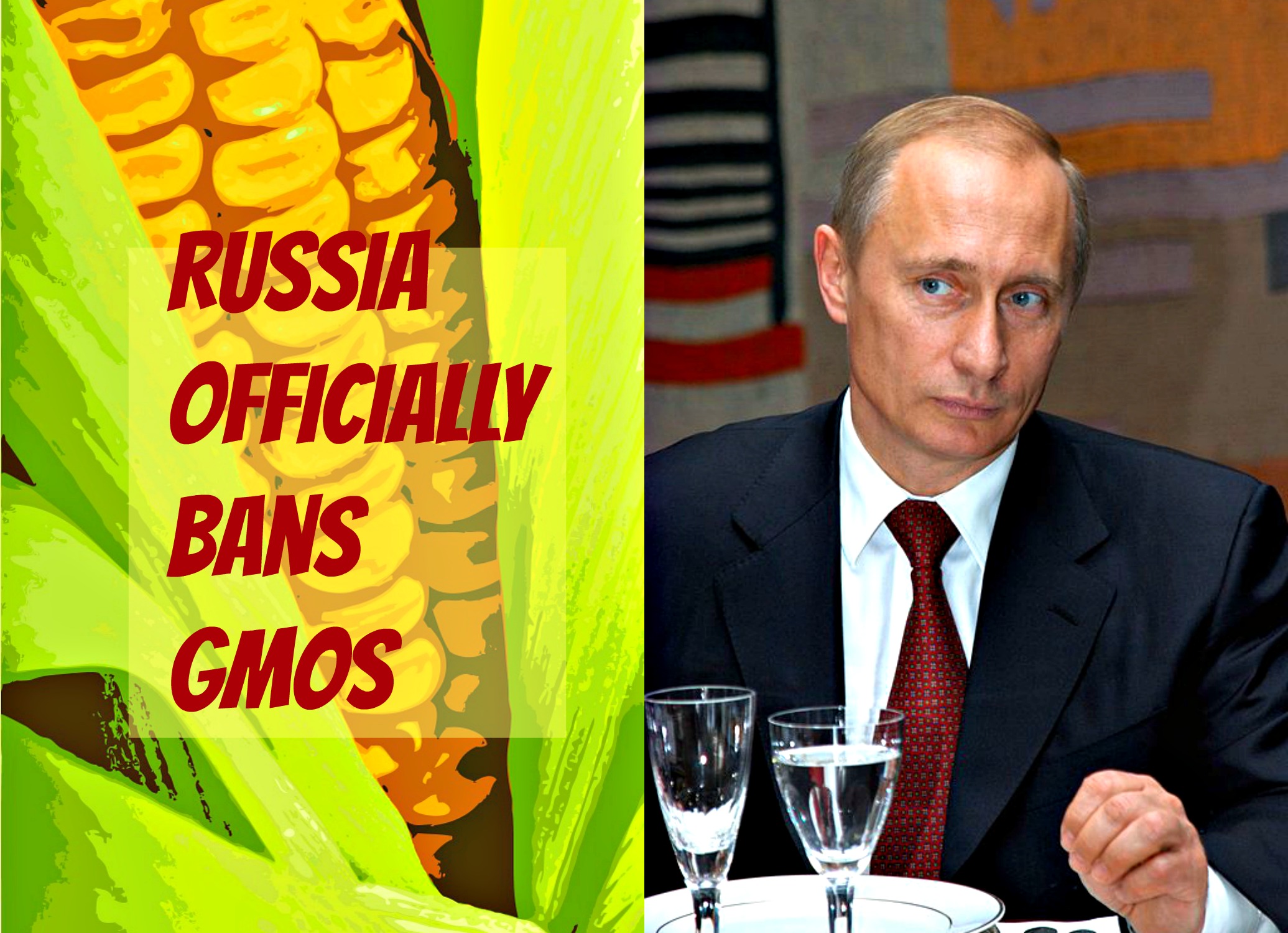 Brandon Turbeville
Brandon Turbeville
June 28, 2016
As Monsanto and Big Ag takes a beating around the world (except for the U.S.), Russia has dealt another blow to the multi-national corporation. The Russian State Duma has recently passed a bill banning both the import and production of genetically modified foods. While the United States moves forward with its attempts to pass the authoritarian DARK Act, Russia is moving in the opposite direction.
Ensuring that the entire country is GMO-free, the Russian bill will apply to all crops and animals that are genetically modified except for a small number being researched and studied for scientific purposes.
The Deputy Prime Minister Arkady Dvorkovich announced the intention to ban GMOs in 2015 but no legal penalties were developed until recently. Now, theproduction or importation of GMOs will carry a fine of 10,000 to 50,000 rublesfor individuals and 100,000 to 500,000 rubles for violations committed by “legal entities.”
Russian officials insist that domestic farms are more than able to produce enough food for the entire country and have expressed hopes of stopping all imports of meat, dairy or vegetables by 2020.
We applaud the Russian government for implementing a reasonable solution to a problem that has plagued many in both the Western and Third World. We encourage the rest of the world to move in this direction.
As Monsanto and Big Ag takes a beating around the world (except for the U.S.), Russia has dealt another blow to the multi-national corporation. The Russian State Duma has recently passed a bill banning both the import and production of genetically modified foods. While the United States moves forward with its attempts to pass the authoritarian DARK Act, Russia is moving in the opposite direction.
Ensuring that the entire country is GMO-free, the Russian bill will apply to all crops and animals that are genetically modified except for a small number being researched and studied for scientific purposes.
The Deputy Prime Minister Arkady Dvorkovich announced the intention to ban GMOs in 2015 but no legal penalties were developed until recently. Now, theproduction or importation of GMOs will carry a fine of 10,000 to 50,000 rublesfor individuals and 100,000 to 500,000 rubles for violations committed by “legal entities.”
Russian officials insist that domestic farms are more than able to produce enough food for the entire country and have expressed hopes of stopping all imports of meat, dairy or vegetables by 2020.
We applaud the Russian government for implementing a reasonable solution to a problem that has plagued many in both the Western and Third World. We encourage the rest of the world to move in this direction.


